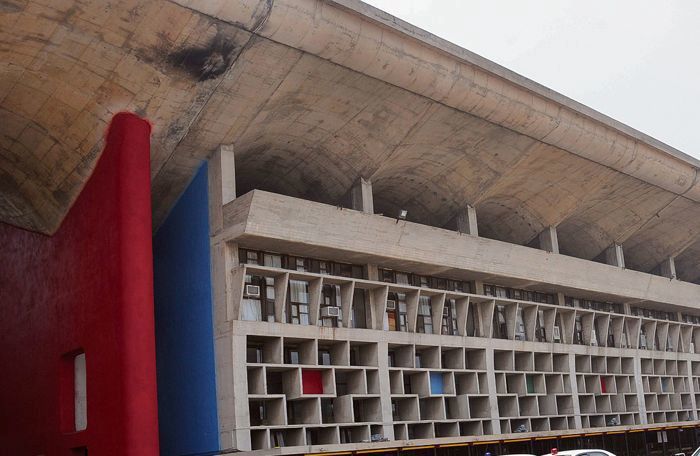4 July 2024 Punjab Khabarnama : Just about a day after the three new criminal laws came into force, the Punjab and Haryana High Court has interpreted the provisions to hold that the petitions and the accompanying applications filed in the HC registry before July 1, and still pending, will not be adjudicated under the Bharatiya Nagarik Suraksha Sanhita (BNSS).
Justice Anoop Chitkara also made it clear that the pleas filed before July 1, but awaiting condonation of delay, would be adjudicated under the Code of Criminal Procedure, if the delay was excused after the coming into force of the new laws.
Justice Chitkara asserted Section 531 of the BNSS made it crystal clear that all appeals, applications, trials and inquiries pending on or before June 30 would continue to be governed under the CrPC.
The assertions came in a cheque bounce case, where a petitioner was incarcerated following his conviction under Section 138 of the Negotiable Instruments Act by the trial court as well as the Sessions Court. The petitioner approached the high court by filing a revision petition on December 15 last year under the provisions of the CrPC.
But the petitioner did not assail the judgment passed by the Sessions Court within the statutory limitation period of 90 days. As such, he filed an application under Section 5 of the Limitation Act, seeking condonation of 38 days’ delay. Justice Chitkara asserted technically speaking criminal revision petition would not be considered pending before the high court unless the delay was condoned.
“The proposition of law that sprouts is that the time-barred petitions filed up to June 30 under the CrPC, accompanied with applications under Section 5 of the Limitation Act pending as of July 1, if the delay is condoned, will be governed under the CrPC, 1973 or BNSS, 2023?” Justice Chitkara observed.
Referring to the provisions of law, Justice Chitkara asserted the effect of condonation was that the delay was excused, and the plea was treated as if it were filed within the original limitation period. Consequently, it related back to the date when the limitation period expired. This date becomes the determining factor, and the procedure applicable on that date would govern the plea.

